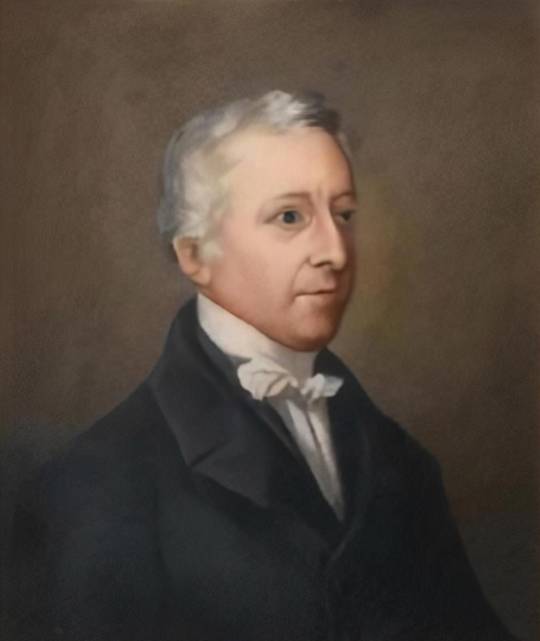Charles Cecil Cope Jenkinson (1784-1851), 3rd Earl of Liverpool. Liverpool’s half-brother, who was considerably younger than Liverpool and made his career in Liverpool’s shadow. He was educated privately, rather than at Charterhouse, then at Christ Church, Oxford, where he matriculated in 1801, after a short spell in the navy, but did not take a degree. He acted as his brother’s private secretary and undersecretary in 1804-10, then, finding official business tiresome, retired to a lengthy career on the Commons backbenches, as MP for Sandwich, Bridgenorth and East Grinstead before moving to the Lords on Liverpool’s death. His later career included a spell as Lord Steward of the Household to Queen Victoria during Peel’s government of 1841-6.
In 1810 Charles married Julia Shuckburgh-Evelyn, daughter of Sir George Shuckburgh-Evelyn, sixth Baronet.1 An independent country gentleman of ‘inadequate’ fortune, Sir George remarked to Pitt in 1787: ‘I have the honour of the county of Warwick in my hands and I will surrender it to no individual on earth.’2 Alas, Julia died in 1814, leaving Charles with no sons and three daughters, and he never remarried, thus extinguishing the Hawkesbury and Liverpool titles on his death in 1851. However, his second daughter Selina (1812-83) married twice, the second time in 1845 to George Savile Foljambe (1800-69) whose only son, Cecil George Savile Foljambe (1846-1907), was Liberal MP for North Nottinghamshire and Mansfield from 1880-92. He was raised to the peerage as Baron Hawkesbury in 1893 and then, on his appointment as Lord Steward of the Household, he was made Earl of Liverpool in 1905. The title has descended to the present day in Edward Foljambe, fifth Earl of the 1905 creation (1944- ).
[1] Sir George Shuckburgh-Evelyn, 6th Baronet (1751-1804). MP for Warwickshire, 1780-1804, voting with Fox until the Fox-North coalition, then for Pitt until 1791, after which he opposed Pitt but supported Addington from 1801.
[2] Quoted in Thorne, The History of Parliament. “Shuckburgh-Evelyn, Sir George”
